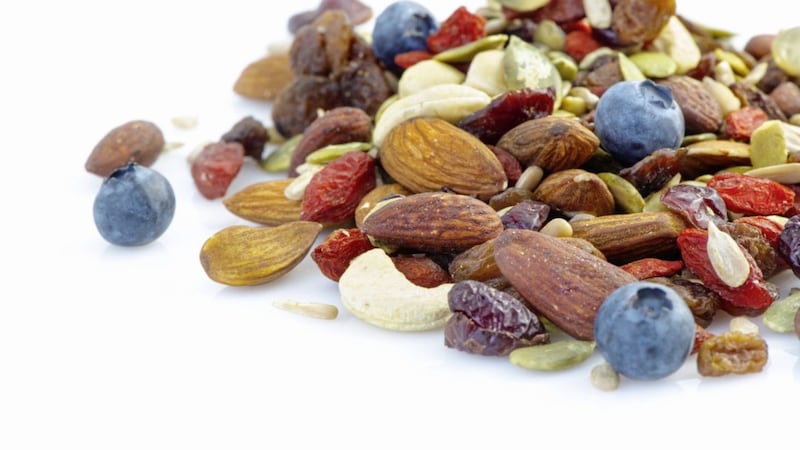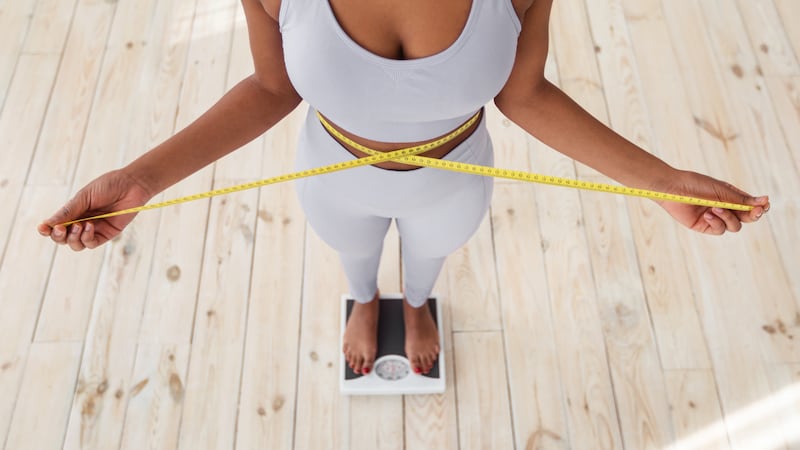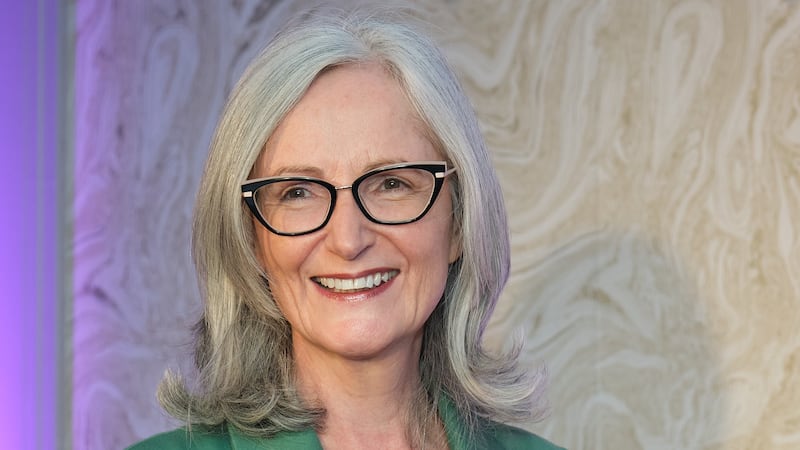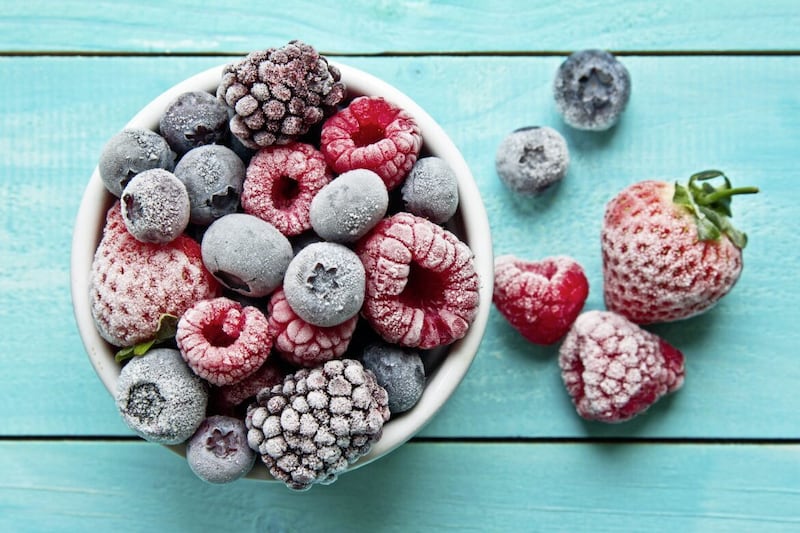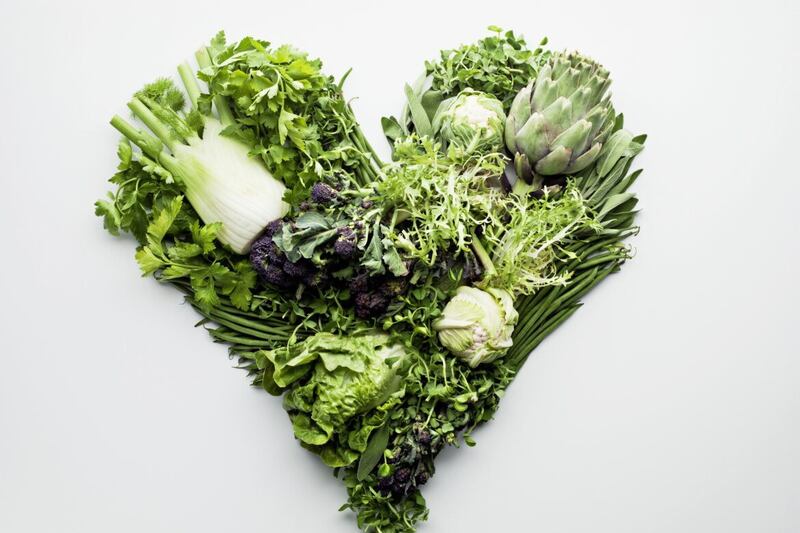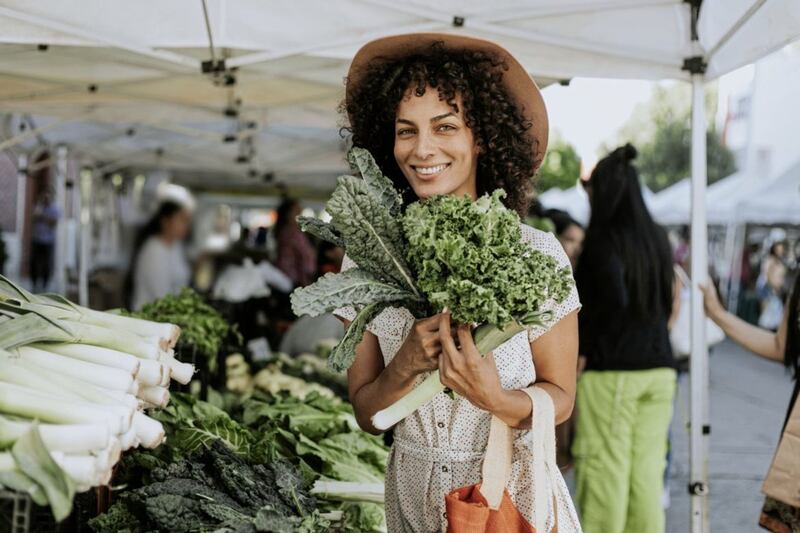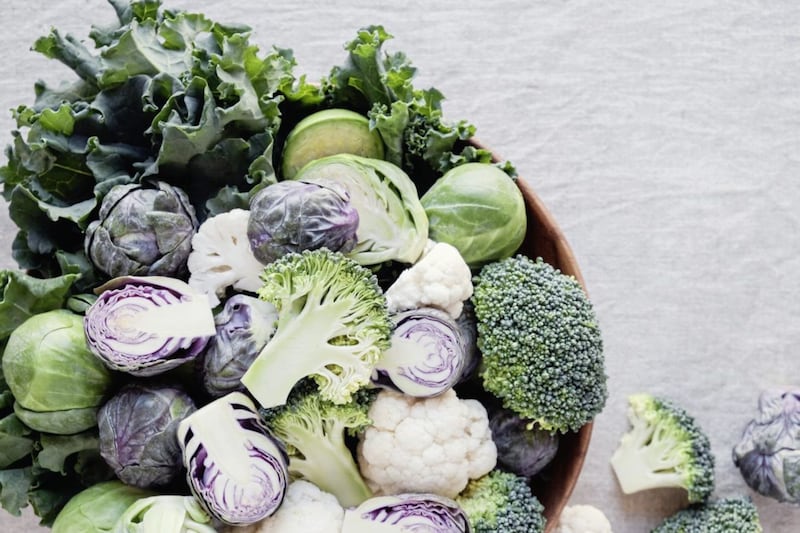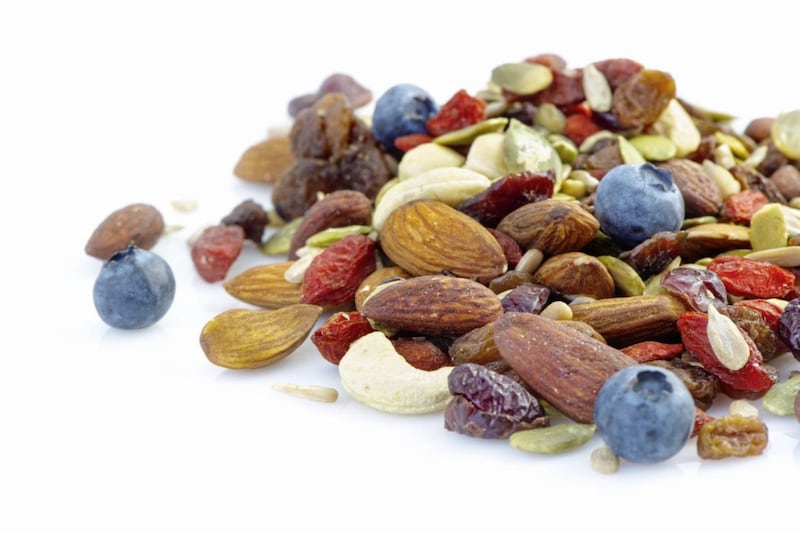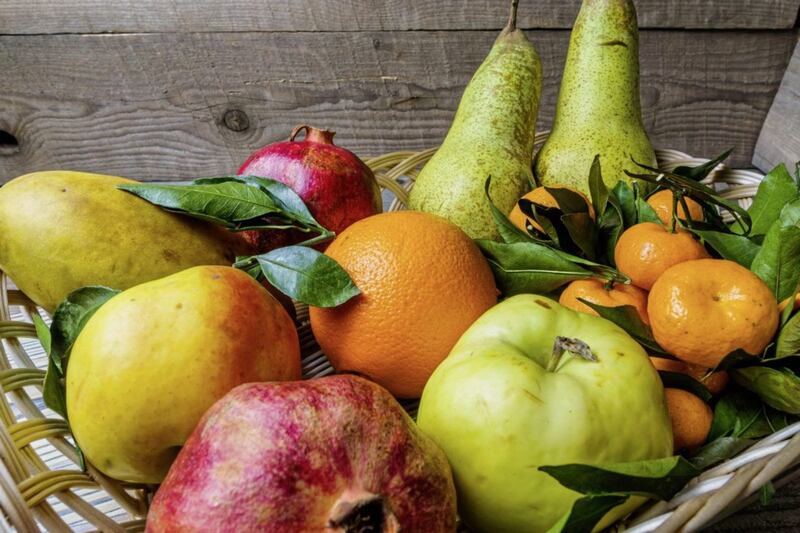IF I told you that there was something we could all do to be a healthy weight, feel more energised, stop sugar cravings, support our immunity and promote good health, would you want a bit of it? Most of us would jump at it, wouldn’t we?
Although it sounds too good to be true, this is the power that nutrition can have on our healing and wellbeing. Just making a few simple changes to the food we put in our shopping basket and on our plates, we all have the potential to feel healthier, more energised and happier (not to mention the effects on our waistline).
With headlines reporting increased incidence of type 2 diabetes, depression, cardiovascular disease and cancer, could our diet and lifestyle be the medicine of the future?
A health insurance for our future
Good nutrition could be the best health insurance we can get. With the potential to better protect ourselves from obesity, heart disease, cardiovascular disease, type 2 diabetes and cancer – the big five of ill-health in our society, it makes sense to adopt at least a few healthy habits.
Despite what the food manufacturers would have us believe, the answer to health and wellbeing is not in overly packaged, highly processed low-fat bars, drinks, yogurts or any other ‘miracle food’. If something looks too good to be true, it probably is.
If we can understand how to nourish ourselves, our diet has the power to protect us from disease and help us thrive, not just survive.
Prevention is better than cure
We know that we feel better when we get some exercise, eat a healthy diet and take some time in our busy weeks to chill out. The little everyday things we do to help keep us healthier today and tomorrow are the same things that will have a positive impact on our long-term health.
Here are my top tips on how to eat for health, vitality and longevity:
:: Stop dieting and start eating for health. By adopting a more positive view of food we tend to make better choices and not feel so denied.
:: Eat more fat. Fat is an essential nutrient that we need for good health – oily fish, nuts, seeds, avocado and olive oil are all good choices.
:: Eat a rainbow. Get as many different coloured vegetables and fruit in your diet as you can.
:: Cram in the cruciferous veg. Broccoli, cabbage, cauliflower, brussel sprouts, kale, rocket, watercress – at least one of these every day.
:: Eat some berries. Packed with antioxidants, these little jewel-like fruit are super for our health, fresh or frozen, either is good.
:: Cut back on carbs – nudge some of the bread, rice, pasta, cereals or noodles off your plate in favour of more vegetables or protein-based foods.
:: Eat some fermented foods like live yoghurt, sauerkraut, kimchi or kefir to help support your healthy probiotic bacteria.
:: Get creative with vegetables. From spiralised veg to cauliflower rice, try new ways to up the veggie portion on your plate.
:: Slow it down – take time to enjoy your food. Eating slower can mean better absorption and digestion of nutrients.
:: Treat your treats as treats. Whatever your guilty pleasure is, enjoy in – in moderation.
TIP OF THE WEEK
It's the small changes that have the big impact on our health, so instead of a total diet overhaul, think about what you can change in your diet over the next week to help you feel a little more energised, revitalised, happier or healthier. I’d love to hear your thoughts.
vital-nutrition.co.uk
facebook @vitalnutrition1
twitter @vitalnutrition
